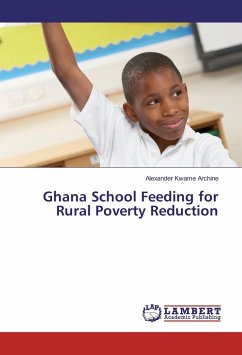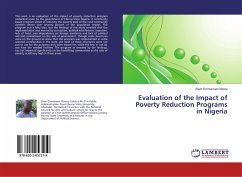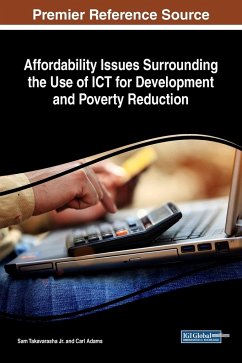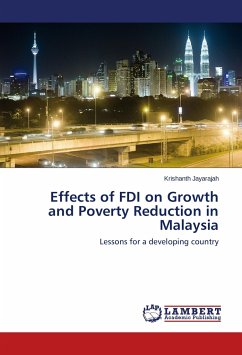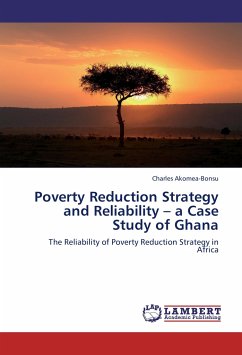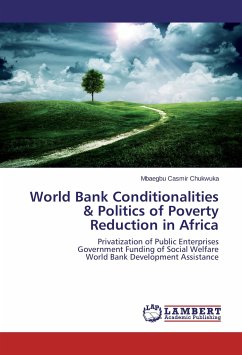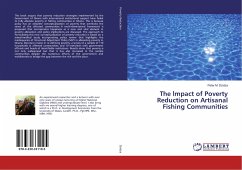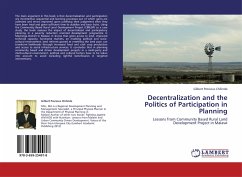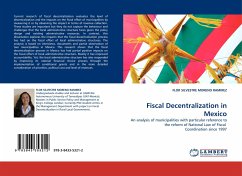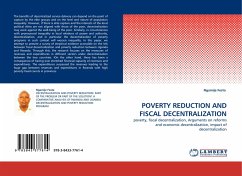
POVERTY REDUCTION AND FISCAL DECENTRALIZATION
poverty, fiscal decentralization, Arguments on reforms and economic decentralization, impact of decentralization
Versandkostenfrei!
Versandfertig in 6-10 Tagen
32,99 €
inkl. MwSt.

PAYBACK Punkte
16 °P sammeln!
The benefits of decentralized service delivery can depend on the point of capture by the elite groups and on the level and nature of population inequality. However, if there is elite capture and the interests of the local political elites are not aligned with those of the poor, decentralization may work against the well-being of the poor. Similarly, in circumstances with pronounced inequality in local relations of power and authority, decentralization, and in particular the decentralization of poverty programs in such context will worsen inequality. In this paper, we attempt to present a surve...
The benefits of decentralized service delivery can depend on the point of capture by the elite groups and on the level and nature of population inequality. However, if there is elite capture and the interests of the local political elites are not aligned with those of the poor, decentralization may work against the well-being of the poor. Similarly, in circumstances with pronounced inequality in local relations of power and authority, decentralization, and in particular the decentralization of poverty programs in such context will worsen inequality. In this paper, we attempt to present a survey of empirical evidence accessible on the link between fiscal decentralization and poverty reduction between Uganda and Rwanda. Through this, the research focuses on the measures of revenues and expenditures in different sectors under decentralization between the two countries. IOn the other hand, there has been a consequence of having over stretched financial capacity of revenues and expenditures. The expenditures surpassed the revenues leading to the huge gap between revenues and expenditures in Rwanda with high poverty head counts in provinces.



